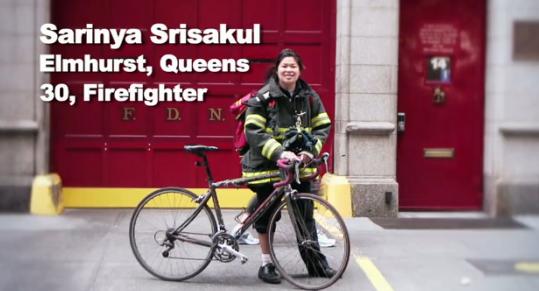While a quarter of Americans have a net worth of zero, Jeremy Grantham controls a hedge fund worth $107 billion, and he has a message for the world: Resource scarcity, peak oil, and climate change could mean big bucks for those who can get out ahead of the disaster.
Well, okay, not BIG bucks — just nonzero bucks. "Our goal should be to get everyone out of abject poverty, even if it necessitates some income redistribution," Grantham says in his latest quarterly letter. Hippie! But even that level of success, he argues, will depend on us reconfiguring our expectations to a new economy of scarcity.
Wars and recessions aside, Grantham says, commodity prices (food, natural resources, basic goods) have steadily declined since 2002. But all of that decline has been erased in the past 10 years, in the greatest run-up in commodity prices since WW II.
The culprit is simple: we are literally running up against the limits of our ability to extract necessary resources, and perhaps against the outer envelope of the total availability of those resources. China and India are getting richer while climate change is wrecking grain harvests: more money is chasing fewer and fewer goods.
Grantham made his billions betting against every bubble ever to come down the pike (e.g. the last internet bubble in 2001), while most hedge fund managers make their billions by riding bubbles on the upside and cashing out before Uncle Sucker has to swoop in to foot the bill. So you might say he's a realist.
Here's his "Summary of the Summary":
The world is using up its natural resources at an alarming rate, and this has caused a permanent shift in their value. We all need to adjust our behavior to this new environment. It would help if we did it quickly.
The good news is that while most of us will be left to eat cake, this new world will have a few winners: Those who control the remaining limited resources, including good land, reserves of fossil fuels, and water.
Sounds like the kids moving upstate to re-learn self-sufficiency aren't so crazy after all.




